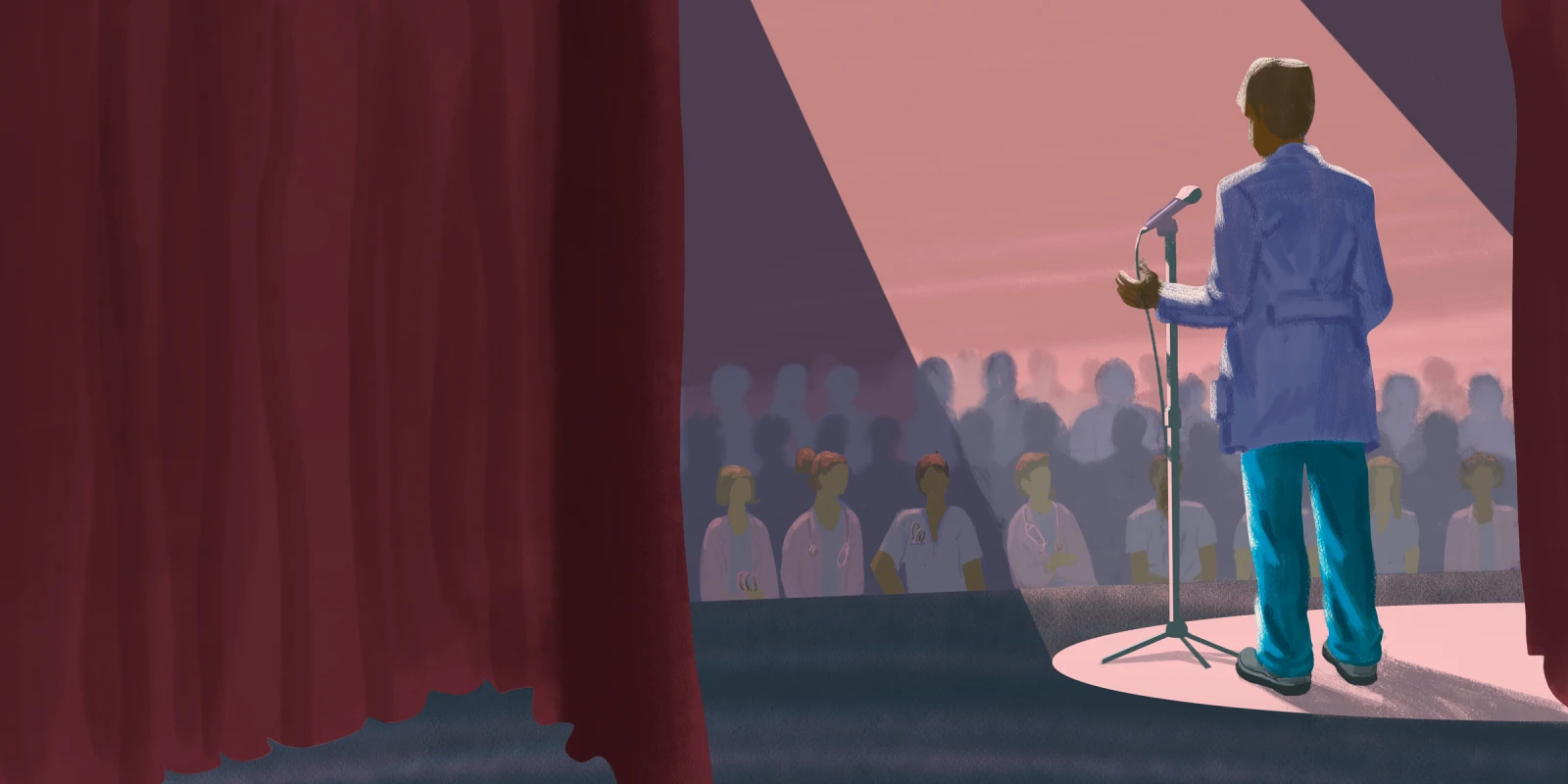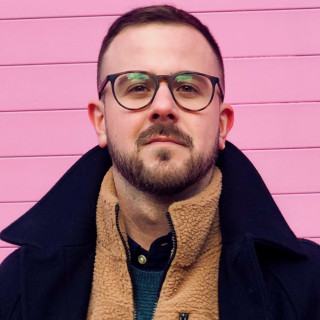The neurosurgeon Marc Arginteanu, MD is an accomplished physician, but his true passion, as he tells it, is writing. In fact, Dr. Arginteanu has stepped aside from clinical practice to pursue it. He’s published several books, including his most recent, The Mind Unlocked: Neurological, Nutritional and Behavioral Paths to Free Your Brain’s Potential.
Additionally, Dr. Arginteanu is an associate clinical professor of neurosurgery at Mount Sinai in New York City, the past chairman of neurosurgery at Englewood Hospital in New Jersey, and the past president of the New Jersey Neurosurgical Society. Doximity spoke with Dr. Arginteanu to learn more about his story, his research, and his practice.
Dox: Why did you choose neurosurgery originally? Why would you choose it now?
Marc Arginteanu, MD: I loved most of the medical disciplines I was exposed to in medical school. One of the first branch points I faced was whether I was a medical personality or surgical personality. Medical people enjoy cogitating over a problem and exploring the nuances. They don’t mind if it takes a lifetime to find the solution. Surgical people aren’t in it for diagnostic quandaries. They’re more happy once they already know what’s broken. They enjoy fixing a problem and sending the patient along on their merry way. I fall into the latter camp. I rotated on a bunch of different surgical services, but I fell for neurosurgery when I saw a tan-colored brain, laced with cherry red arteries and blue veins pulsating beneath a well-placed dural incision. Over time, my neurosurgical focus shifted toward the spine. Currently, I most enjoy the biomechanical challenges of a complex vertebral problem. There’s very little that’s more satisfying than implanting a bunch of screws and rods and straightening out a deformed spine. I guess it’s the little kid inside me, who enjoyed playing with those erector sets.
Doximity: What prior research are you most proud of?
MA: It may sound funny coming from a surgeon, but the research that I'm most proud of has to do with helping patients avoid surgery. I was investigating a problem previously considered a surgical emergency: giant pituitary tumors. Pituitary tumors grow at the base of the brain, and often compress the nerves that control vision. When pituitary tumors become very large, they may cause blindness or death. As such, a giant prolactinoma was typically treated with surgery. However, the article [I wrote on the subject] with several colleagues, proved the vast majority of these tumors could be treated with a medicine called bromocriptine. Our case series demonstrated excellent results. This information was disseminated widely, and contributed to many people being able to avoid surgery, while still having fantastic outcomes.
Dox: Do you have any general career advice?
MA: Many creative and talented people choose to become physicians. In fact, doctors number amongst the most creative and talented people I’ve met. Being a doctor is an immensely rewarding career. It can become all encompassing though, and swallow up your whole life. I’d advise people not to let their passions fall by the wayside. Who knows, you may decide to step away from clinical practice to pursue ‘you 2.0.’ Even if you don’t, your life will be richer for its multidimensionality. I’ve written about work-life balance in this opinion piece, and my book The Mind Unlocked has a whole section on the subject.
Dox: What was your very best moment as a neurosurgeon so far? How did it make you feel?
MA: The best moments come when a life is saved. A close second is when the quality of a life is restored (intolerable pain is relieved). The feeling is indescribable.
Dox: What gives you hope for the future of your field?
MA: One of my kids is at Johns Hopkins. He’s in the midst of a combined MD/PhD degree. I’ve met a bunch of his classmates. After spending time with them, it’s virtually impossible not to be hopeful about the future of medicine. They’re incredible. They bubble with intelligence and enthusiasm. There’s no doubt about it: The future of medicine in general and neurosurgery in particular is blindingly bright.
Dox: If you could have dinner with any physician/scientist/writer in the world, who would it be and why?
MA: I would choose Harvey Cushing, the father of neurosurgery. Born in 1869, Cushing developed neurosurgery at the turn of the last century. I’d like to ask him about the obstacles he faced (within medicine and society) when he announced he planned to do surgery on the brain, something that others said was not possible. I’d love to hear about the lessons he learned along the way, and the exhilaration he felt when he accomplished those goals.
Dox: Can you think of a book that you think should be required reading for all neurosurgeons? Why?
MA: A Neurosurgeon's Notebook: One Man's Way of Trying to Avoid Trouble is a fantastic book. I’d highly recommend it to any medical student or resident intent on pursuing a neurosurgical career. It’s filled with clinical pearls and written in direct language. What’s more, it hammers home an important aspect of neurosurgery: A good neurosurgeon knows how to get out of trouble. A great neurosurgeon knows how to avoid it in the first place.
Dox: If you had an extra hour in the day, how would you like to spend it?
MA: I’d barbeque in the backyard, either a juicy steak, or a fat slab of salmon. I’d then crack open a nice bottle of wine and enjoy it with the family, of course.
Marc Arginteanu, MD has no conflicts of interest to report.
Illustration by Jennifer Bogartz







